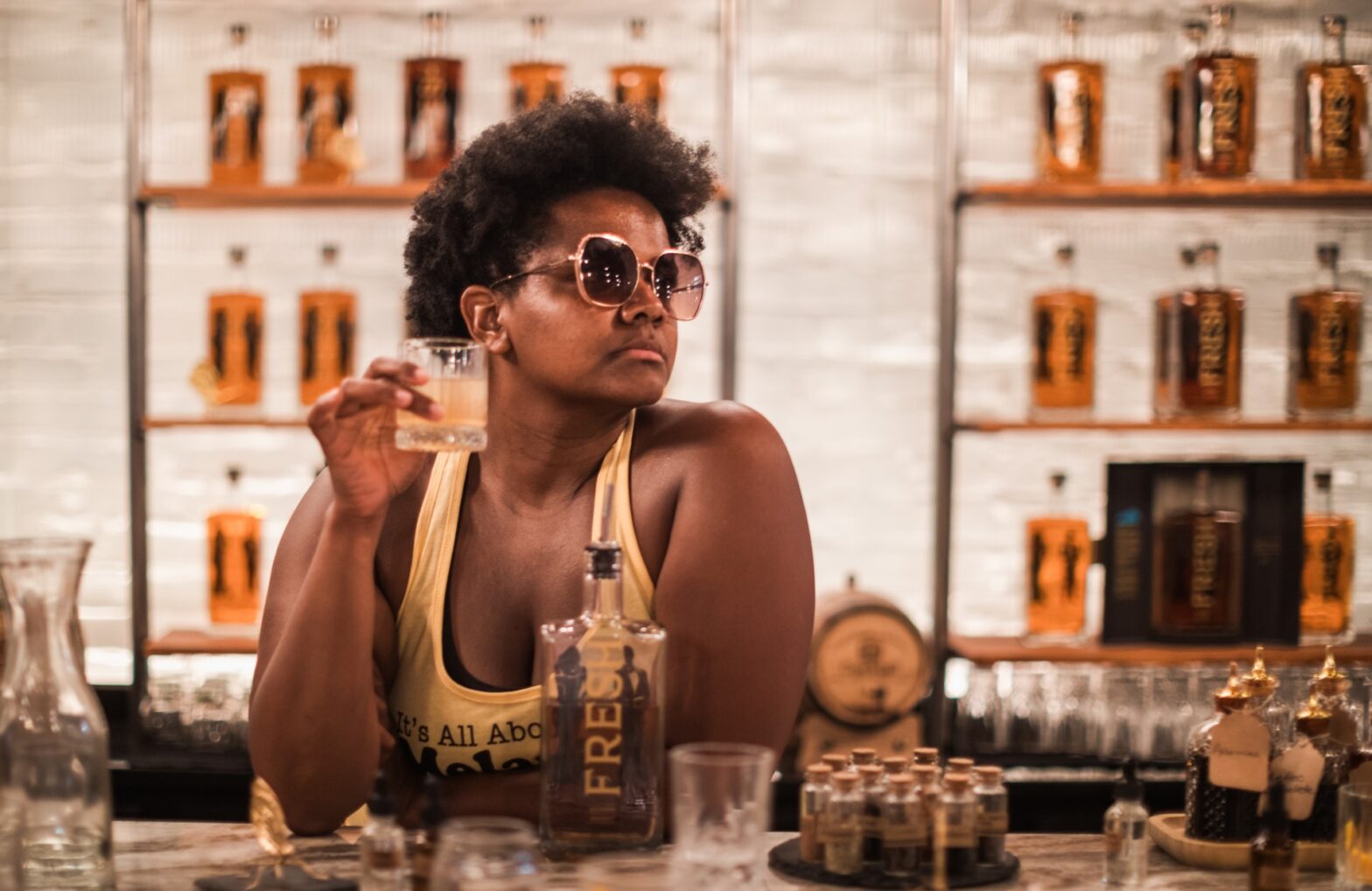Horses and bourbon have been the lifeblood of Kentucky for years. Tourists are drawn to the Kentucky Derby, and the incessant flow of dark liquor. However, there’s one glaring similarity in both spaces: the lack of racial diversity.
Black distillers and jockeys have existed from the start. However, their influence has historically been downplayed or erased. Today, Kentucky aims to tell the full story, in the hope of inspiring future generations.
The Brown Liquor With A White Face

One note for clarity: all bourbon is whiskey, but not all whiskey is bourbon.
Distilling is a complex process, and Black people helped refine it. Slaves harvested rye and wheat, made barrels, and did all of the heavy lifting without recognition.
One exception is Nathan “Nearest” Green. Bites of the Bluegrass, a walking tour company in Lexington, credits him as the first Black master distiller on record. Without him, Jack Daniel wouldn’t have been able to create his eponymous Tennessee whiskey.
In recent years, Black-owned distilleries and brands found their footing in the Blue Grass State. Sean and Tia Edwards established Fresh Bourbon, the first of its kind in post-slavery Kentucky. They opened a tasting room in Lexington, and once you’ve had an Old Fashioned there, you’ll wonder what you were drinking before.
If you want to learn about wine, bourbon and horses, Silver Springs Farm Eqwine & Vineyard specializes in all three. In Louisville, Victor, Bryson and Chris Yarbrough opened Brough Brothers Distillery in 2021.
Castle & Key in Frankfort is also doing its part to dismantle barriers. In partnership with the Kentucky Black Bourbon Guild, the distillery launched a diversity scholarship program. They designed two signature bottles called, The Untold Story of Kentucky Whiskey: Chapter 1 and 2.
A third chapter is in the works, and all sales support the scholarship.
The Kentucky Derby Birthed Talented Black Jockeys

The Kentucky Derby only lasts two minutes, but its following has been devoted since 1875.
Keeneland is hosting a special exhibit called, “The Heart of the Turf: Racing’s Black Pioneers.” It highlights 80 Black jockeys, including James “Soup” Perkins, who won the Derby in 1895.
“Black grooms, farriers, stable managers, trainers, owners, stewards and jockeys passed their hard-earned knowledge and skills down through the generations,” said Roda Ferraro, the Library Exhibit Curator at Keeneland. “By sharing their personal stories, we hope to highlight not only their triumphs, but also examine their obstacles to continue conversations about diversity in racing.”
Rare photos, paintings and artifacts help bring this pivotal era in equine history to life. The exhibit is free and open to the public.





